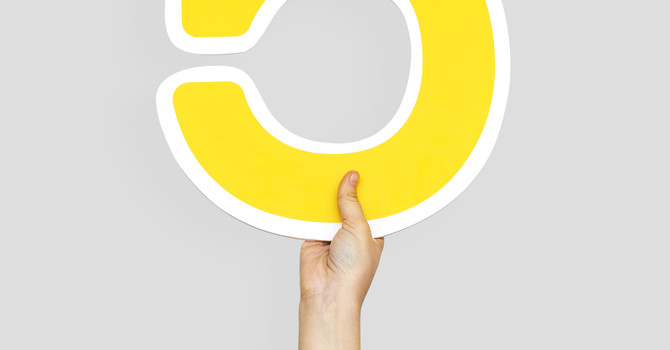
The Positive Psychological Effects of Dry January
Each year, millions of people commit to a month-long break from alcohol, a tradition popularly known as Dry January. While the physical benefits of abstaining from alcohol for 31 days—such as improved sleep, weight loss, and enhanced liver health—are well-documented, the psychological advantages often go underappreciated. Let’s dive into how taking part in Dry January can positively impact your mental well-being.
A Renewed Sense of Control
One of the most immediate psychological benefits of Dry January is a sense of empowerment. By setting and adhering to a goal, you reinforce your ability to make intentional choices. For many, alcohol can feel like a habitual or social crutch, but stepping away from it even temporarily shows that you are in control of your decisions, not the other way around. This self-discipline often spills over into other areas of life, fostering a broader sense of agency.
Improved Mood and Mental Clarity
Alcohol is a depressant that can disrupt the brain’s delicate balance of neurotransmitters. While it might provide temporary relief from stress or anxiety, regular consumption can exacerbate these feelings in the long term. When you eliminate alcohol, many people report feeling more emotionally stable, with fewer mood swings and a noticeable lift in their overall mood. Additionally, the improved sleep quality associated with abstinence can lead to sharper focus and better cognitive function.
Enhanced Self-Reflection
Taking a break from drinking creates space for self-reflection. Many participants in Dry January find themselves evaluating their relationship with alcohol and its role in their lives. Questions like “Why do I drink?” or “How does drinking serve me?” often arise, leading to valuable insights and potentially healthier habits. This period of self-awareness can help you make more conscious choices about alcohol once the month is over.
Strengthened Resilience
Choosing to abstain from alcohol for a month can be challenging, especially in social situations where drinking is the norm. Successfully navigating these scenarios builds resilience and reinforces your ability to handle discomfort or temptation. This resilience doesn’t disappear once Dry January ends—it becomes a tool you can use in other areas of life when faced with challenges.
A Boost in Confidence
Completing Dry January can feel like a significant accomplishment. The pride that comes from achieving your goal—especially one that requires discipline—can boost self-esteem. This newfound confidence often extends beyond your relationship with alcohol, helping you approach other goals with a greater sense of belief in your capabilities.
Deeper Social Connections
For many people, Dry January encourages exploring social activities that don’t revolve around alcohol. This shift can lead to more meaningful conversations and connections, as the focus moves away from drinking and towards shared experiences. You might discover new hobbies or ways of bonding with friends that enrich your relationships.
Final Thoughts
Participating in Dry January is about more than just giving up alcohol for a month. It’s an opportunity to recalibrate your habits, reflect on your relationship with alcohol, and gain a range of psychological benefits that can ripple through every part of your life. Whether you’re looking for improved mood, enhanced clarity, or a boost in confidence, taking 31 days off can serve as a powerful step toward mental and emotional well-being.
So, if you’ve been considering joining the Dry January movement, why not give it a try? You might be surprised by the transformative effects that just one month can bring.
.JPEG)
.JPEG)





